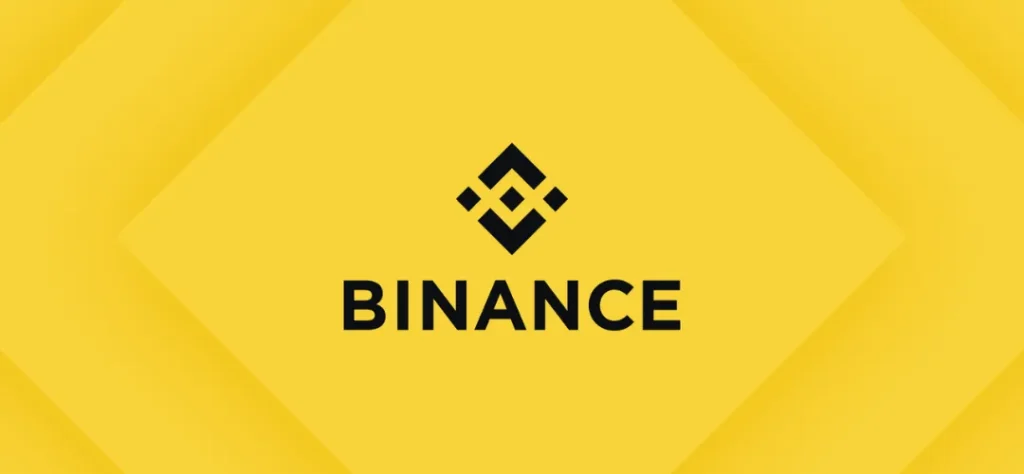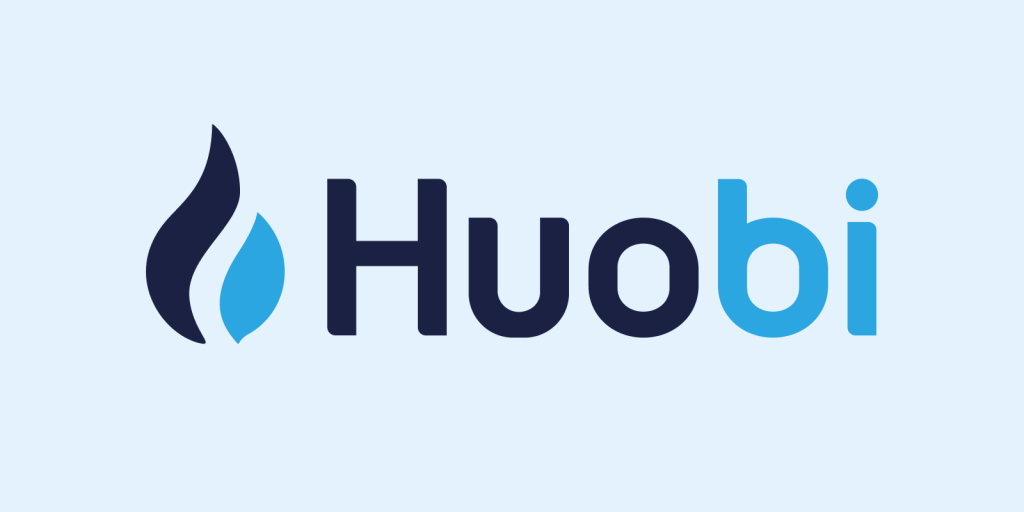Article Directory
The 75% Lie: Why Boss's Day is the Most Awkward Day in the American Workplace
Let’s get one thing straight. Boss’s Day, which lands on October 16th, is a masterpiece of corporate gaslighting. It’s a day engineered to feel mandatory but framed as voluntary, forcing a performance of gratitude that’s about as authentic as a stock photo of a diverse team laughing at a whiteboard.
You know the feeling. The frantic Slack messages in a private channel. "Are we doing something for Sarah?" "Who's chipping in for the gift card?" It’s a delicate dance of obligation, a tightrope walk between looking like a suck-up and looking like you don't care. A psychologist named Paul White nailed it when he called it a "damned if you do and damned if you don't tension." You buy the card, you’re an apple-polisher. You don’t, you’re a malcontent.
And right on cue, just in time for this year's festival of forced smiles, the PR machine churns out a feel-good stat to paper over the cracks. A new survey from GroupTogether breathlessly reports that—get this—Boss’s Day Bombshell: 75% of Employees Actually LIKE Their Boss – New Survey Shatters Stereotypes. Ali Linz, the company's co-founder, says this "proves the clichéd stereotype of people hating their boss is outdated."
Give me a break.
What does "like" even mean in this context? The top reasons cited are that the boss "creates a great team culture" and is a "nice person." These are the kind of vague, HR-approved compliments you’d give if you knew your boss might somehow see the survey results. It's workplace beige. It’s the vanilla ice cream of feedback. Are we really supposed to believe that three out of four people are genuinely thrilled with their managers, or are they just giving the safest possible answer?
The Numbers That Don't Add Up
Here’s where the whole narrative falls apart. This isn't just a disconnect. No, 'disconnect' is too soft—this is a calculated fiction designed to keep us compliant. While we’re being fed this story about happy workers and their beloved leaders, other, more credible data paints a much darker picture.
For starters, U.S. employee engagement just hit a 10-year low. A decade-long low. Gallup, the gold standard for this stuff, says a staggering 70% of a team's engagement is determined by their manager. So if engagement is in the toilet, how can managers simultaneously be so popular? The math just ain't working.

But here’s the real kicker, the part that exposes the 75% number for the fantasy it is. A Visier study found that 47% of workers—nearly half—admit they feel pressured to not disclose their honest opinions in company surveys. 44% think their manager would inflate their positivity anyway.
Let that sink in. Almost half the workforce is openly admitting they lie on these things for fear of repercussions. So that 75% "like their boss" figure? It's not a reflection of reality; it's a measure of fear. It’s a testament to how many people are willing to check the "nice person" box to avoid rocking the boat.
And what about the bosses themselves? The same reports show nearly half of them feel burned out and undertrained. They’re being crushed by pressure from above while trying to motivate disengaged teams below. They’re running on empty. How can someone who is undertrained and exhausted be the inspirational mentor that 75% of their staff apparently adores? Offcourse, they can't.
Follow the Money, Not the Hallmark Card
While we're all busy navigating the awkwardness of buying a Panera gift card, the real story is happening in the background, written in code and stock tickers. The corporate world isn't actually investing in human connection; it's investing in automating it.
The Human Capital Management (HCM) software market is exploding, projected to hit nearly $58 billion by 2029. Companies like Workday, ADP, and SAP are racing to embed AI into every corner of HR. Workday’s new "Recruiting Agent" can screen resumes 57% faster than a human. IBM famously used automation to shrink its HR department from 800 people to just 60.
This is the ultimate corporate two-step. They sell us a Hallmark holiday about the irreplaceable value of human leadership while building a Terminator to do the HR manager's job. They want you to celebrate your boss’s empathy while their new AI assistant handles performance reviews and career-planning. Wall Street sees it clearly—stocks for Workday (WDAY) and ADP are solid, with analysts predicting even more growth. The money is betting on the algorithm, not the person.
So we're supposed to buy our "great" boss a coffee while the company invests millions in software designed to make their judgment, their intuition, and ultimately their entire job obsolete... It’s a joke. A bad one. Then again, maybe I'm the crazy one for even pointing it out.
So We're All Just Pretending, Then?
Let's be real. Boss's Day isn't about appreciation. It's a symptom of a workplace culture that demands emotional performances while systematically replacing the very humans it claims to value. That 75% statistic isn't a sign of progress; it's a measure of how good we've gotten at pretending. We pretend to be happy in surveys, we pretend to be grateful for a day on the calendar, and we pretend not to notice that the future of management looks a lot more like a dashboard than a person. Just send the e-card and get back to work. The algorithm is watching.



